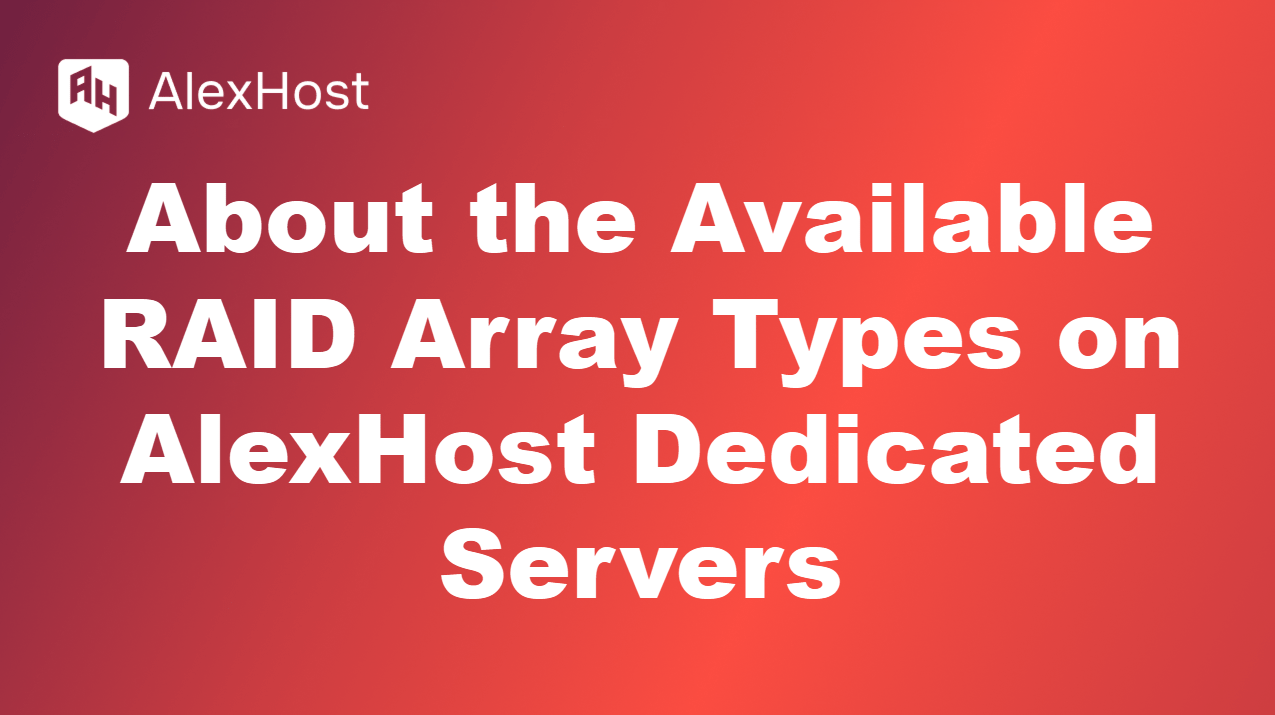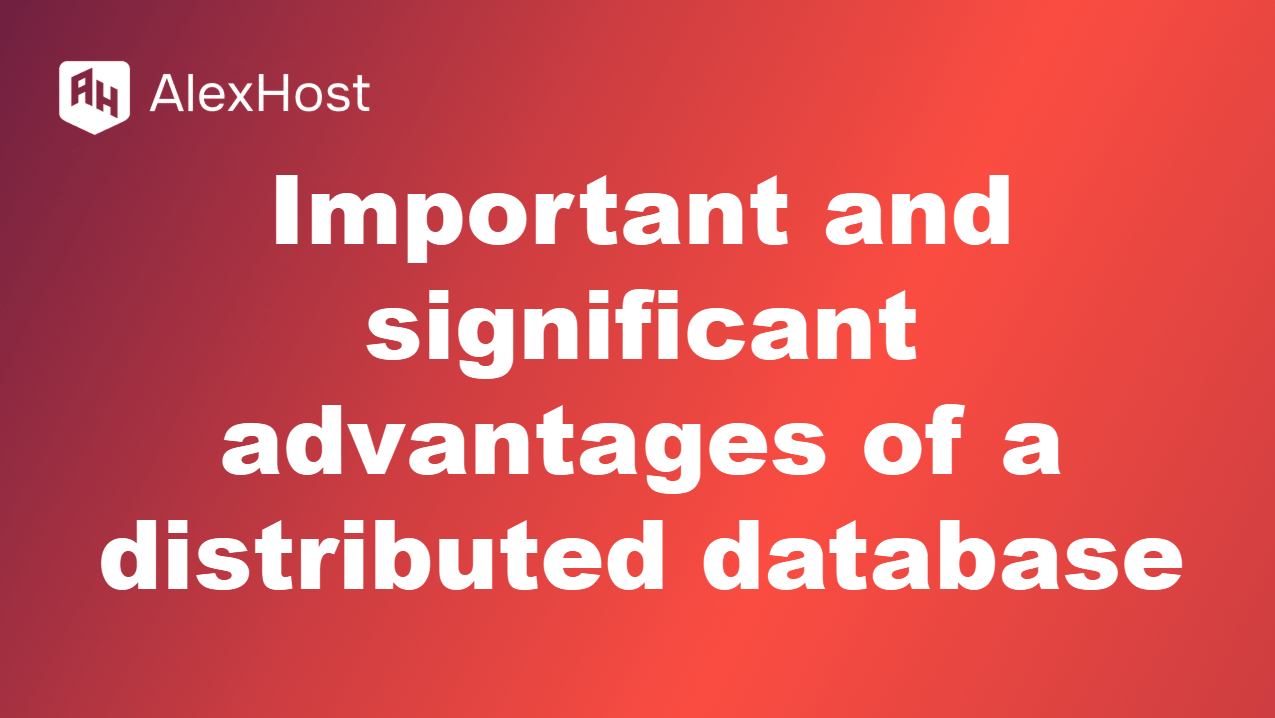faq-post
Removing a Systemd Service File is a critical task for Linux administrators that demands precision and care. When a service is no longer needed, removing its file and configuration can free up system resources and prevent potential issues arising from its improper operation. In this article, we will thoroughly explore the process of removing a […]
OpenVPN is a powerful and flexible tool for creating secure VPN tunnels. This instruction will help you install and configure OpenVPN on a server running Linux (e.g. Ubuntu, Debian, CentOS). Update system packages Before starting the installation, update the system package lists and install all available updates. For Ubuntu/Debian: apt update apt upgrade -y For […]
Yellowdog Updater, Modified (abbreviated YUM) is a package manager used in RPM (Red Hat Package Manager)-based Linux distributions such as CentOS, Fedora, and RHEL (Red Hat Enterprise Linux). YUM makes it easy to install, update, remove, and manage software packages. In this article, we will cover the basic commands and principles of YUM, which will […]
The Vim (Vi IMproved) editor is one of the most powerful and popular text editors in the Unix and Linux world. It provides powerful text editing capabilities and can be challenging for beginners due to its unintuitive command structure. In this article, we will cover the basic commands and principles of working with Vim, which […]
AlexHost offers high-quality dedicated servers that suit a variety of needs and offer maximum performance and reliability. Regardless of the scale of your project – whether it’s a small website, an online store or a complex enterprise system – AlexHost will provide you with a solution that meets your requirements. One of the key advantages […]
Absolutely every user who is faced with the development of websites and applications understands that in the modern world of Internet technologies, the performance of the project is a critical factor. Fast loading pages not only improve user experience, but also increase the SEO rating of the site. It also has a great effect on […]
When working with a Linux server, you may need to start using bash. Bash (Bourne Again Shell) is one of the most popular and powerful command line interpreters in the world of Linux and Unix-like operating systems. Perhaps the main advantage is that it provides users with a wide range of commands and tools for […]
Upgrading Dedicated Server Disks with AlexHost: What You Need to Know Why upgrade your server disks, and what’s the catch? Upgrading the disks on your dedicated server can supercharge performance, boost storage, and enhance reliability—key for any data-driven business. At AlexHost, we’re committed to top-notch hosting, but disk upgrades come with technical challenges like data […]
When working with a server, quite often the need arises to configure the correct operation of the HTTP protocol. Undoubtedly, both experienced administrators and newbies may experience difficulties. Speaking specifically about the 401 (Unauthorized) error, this is one of the most common HTTP responses, which indicates that the requested resource requires authentication. In this article, […]
In this article, we will talk about such a concept as distributed databases (RDB). In today’s world, they play a key role in the information ecosystem, providing many advantages over traditional centralized databases. AlexHost offers services that handle computing power perfectly because in the era of big data, cloud computing, and global commerce, distributed databases […]

















